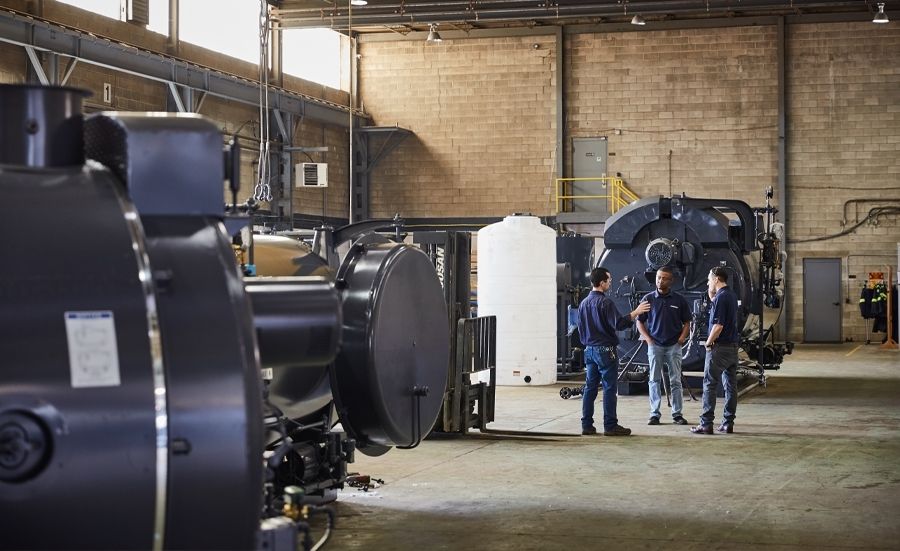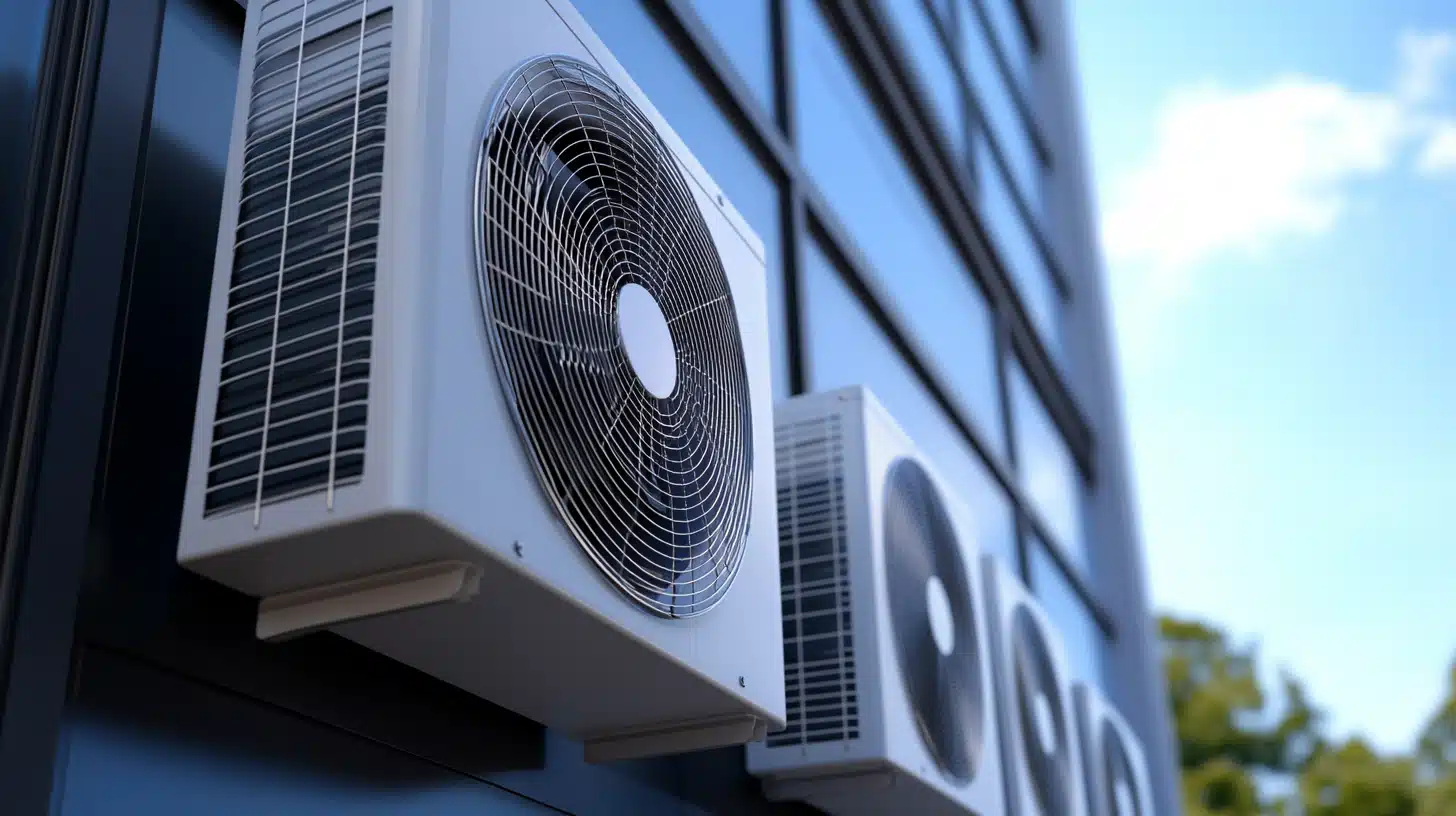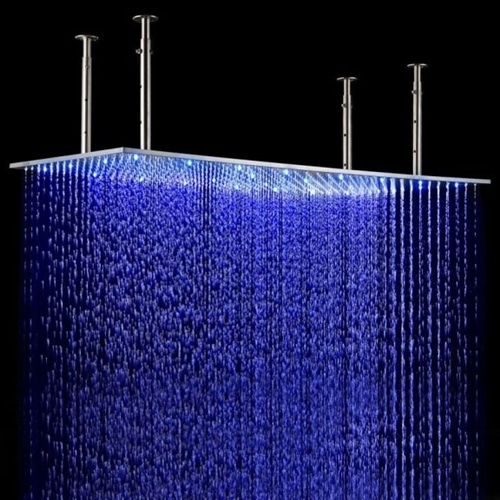How Much Do Boilers Usually Cost?
When it comes to home heating, the boiler is often the unsung hero. This essential piece of equipment is responsible for circulating hot water or steam throughout your home, keeping you warm and comfortable during the colder months. However, like any appliance, boilers have a limited lifespan and will eventually need to be replaced.
The cost of a boiler replacement can vary significantly, ranging from as little as $1,200 to as much as $16,000, with the average homeowner paying around $7,400. The wide range in prices is due to several factors, including the size of your home, the type of boiler you choose, the fuel source, and the complexity of the installation.
To help you navigate the boiler replacement process and understand the associated costs, we’ve put together this comprehensive guide. By the end, you’ll have a clear idea of what to expect when it’s time to replace your home’s boiler. Additionally, we highly recommend reading this article to find out how much a new boiler will cost.
However, before going into the details of the factors affecting new boiler costs, we highly recommend getting in touch with multiple installers and requesting their quotes. By doing this, you can expect to gain a clear understanding of the boiler market, and the different factors that are relevant to your circumstances and receive tailored advice. Not only this, you can also expect to save money and time by directly speaking to professionals on the matter.
Determining the Necessary Boiler Capacity

The first step in estimating the cost of a new boiler is to determine the appropriate capacity for your home. Boiler capacity is typically measured in BTUs and the amount you’ll need is directly related to the size of your home.
As a general rule, you’ll require approximately 30 BTUs of boiler capacity per square foot of living space. So, for a 2,000-square-foot home, you’d need a boiler with a capacity of around 60,000 BTUs. Choosing the right capacity is crucial, as an undersized boiler won’t be able to effectively heat your home, while an oversized one will short-cycle, leading to excessive wear and tear.
To find the optimal boiler size for your home, it’s best to consult with a licensed HVAC professional. They’ll be able to perform a detailed assessment of your home’s heating needs and recommend the appropriate boiler capacity.
Boiler Fuel Type Considerations
Another significant factor in the cost of a new boiler is the fuel type. Boilers can be powered by a variety of fuels, including natural gas, propane, oil, electricity, and even wood. Each fuel source has its own advantages and disadvantages, both in terms of upfront cost and ongoing operating expenses.
- Natural gas and propane boilers are generally the most affordable, with prices ranging from $4,000 to $9,000. They also tend to have lower operating costs.
- Oil boilers are slightly more expensive, typically costing between $4,000 and $9,000, but they may be the only option in areas without access to natural gas.
- Electric boilers are the most budget-friendly, with prices starting as low as $1,700, but they can be more expensive to operate.
- Wood boilers are the most expensive upfront, costing between $5,800 and $15,000, but they offer the lowest ongoing fuel costs if you have a reliable source of wood.
When selecting a fuel type, consider not only the initial cost but also the long-term operating expenses and the availability of the fuel in your local area.
Boiler System Types
Boilers come in a variety of system types, each with its own unique features and price points. The three main types are:
- Combi boilers: These all-in-one units provide both heating and hot water, eliminating the need for a separate water heater. Combi boilers typically cost between $2,600 and $7,000.
- Heat-only boilers: Also known as standard boilers, these units only provide heating and not hot water. They range in price from $2,200 to $7,000.
- System boilers: These boilers work in conjunction with a separate hot water storage tank to provide both heating and hot water. They generally cost between $3,000 and $6,000.
The type of boiler system you choose will depend on your home’s heating and hot water needs, as well as your budget. Combi boilers are often the most convenient option, but they tend to be more expensive than heat-only or system boilers.
Installation Costs
In addition to the cost of the boiler itself, you’ll also need to factor in the installation expenses. This can include the labor costs for the HVAC technicians, as well as any necessary modifications to your home’s existing heating system.
Installation costs can vary widely, ranging from $4,000 to $15,000 or more, depending on several factors:
- Geographic location: Labor costs can differ significantly across the United States.
- Size of the system: Larger projects may require a larger team of technicians, increasing labor costs.
- Existing system modifications: If you’re switching from one fuel type to another (e.g., oil to gas), you may need to install a new gas line or chimney liner, which can add to the overall cost.
- Boiler location: Boilers installed in hard-to-reach areas, such as attics or crawl spaces, will generally cost more to install.
- Removal and disposal of old equipment: The cost of removing and properly disposing of your old boiler must also be considered.
To ensure a smooth and cost-effective installation, it’s essential to hire a licensed and experienced HVAC contractor. They’ll be able to assess your home’s specific needs and provide an accurate estimate of the installation costs.
Energy Efficiency and Long-Term Savings
When selecting a new boiler, it’s important to consider not only the upfront cost but also the long-term energy efficiency and operating expenses. Boilers with higher energy efficiency ratings, such as condensing boilers, may have a higher initial price tag, but they can save you money on your heating bills over time.
Additionally, regular maintenance and tune-ups can help extend the lifespan of your boiler and ensure it continues to operate at peak efficiency. Investing in a quality boiler and maintaining it properly can pay dividends in the form of lower energy bills and fewer costly repairs down the line.
In conclusion, the cost of a new boiler can vary significantly, but by understanding the factors that influence the price, you can make an informed decision that best fits your home’s needs and your budget. To find out how much a new boiler will cost, consult this article for a comprehensive overview of the costs involved in replacing your home’s heating system.







